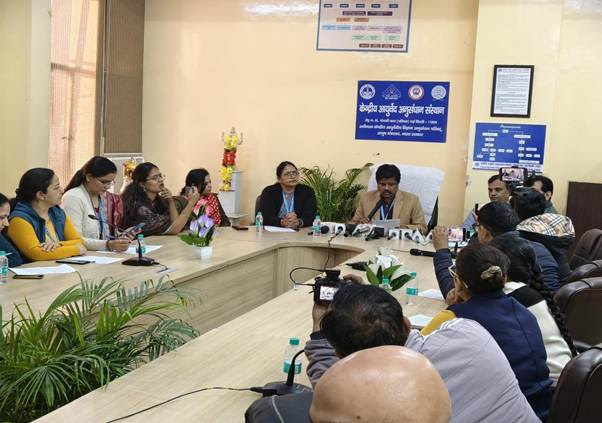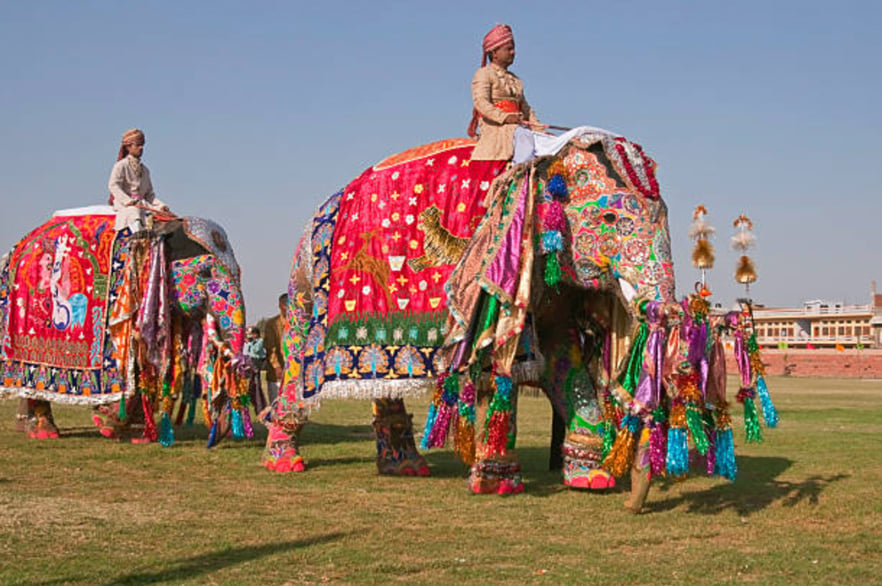Now Reading: Why Gujarat Marks Sitala Saptami with Cold Food
-
01
Why Gujarat Marks Sitala Saptami with Cold Food
Why Gujarat Marks Sitala Saptami with Cold Food

In many parts of Gujarat, Sitala Saptami is observed with a unique ritual—families prepare food a day earlier and eat it cold the next day. The tradition, deeply rooted in faith and folklore, is dedicated to Goddess Sitala, who is believed to protect people, especially children, from diseases like smallpox and other infections. For many households, it is both a religious observance and a cultural marker of seasonal change.
The Belief Behind the Ritual
Devotees avoid lighting stoves or cooking fresh meals on this day, offering only pre-cooked food as part of the ritual. The practice is linked to the belief that Goddess Sitala prefers cold meals, and by following this custom, families invite her blessings for health and protection. It is also tied to age-old ideas of rest and renewal, giving both people and household fires a symbolic pause.
The Cultural Connection
The foods prepared are usually simple and long-lasting—rotlas, theplas, curd rice, or sweets that can be stored overnight. These items not only suit the festival’s requirements but also reflect the culinary traditions of Gujarat’s households. For many families, the day becomes a communal gathering where faith and food traditions go hand in hand.
Parallels in Indian Traditions
In several Tier 2 Indian cities, festivals with similar food-based rituals exist—whether it is ‘Poli’ during Sankranti in Maharashtra or fasting delicacies during Navratri in Uttar Pradesh. Like Sitala Saptami, these traditions keep communities connected to both their deities and their kitchens, showing how faith often finds expression through food.
Keeping Rituals Relevant
Sitala Saptami may look like a simple practice of eating cold food, but it carries layers of cultural meaning. It blends faith, health-related folklore, and community bonding. For Gujarat’s people, the ritual is less about convenience and more about preserving a legacy that links everyday life with spiritual belief.

























